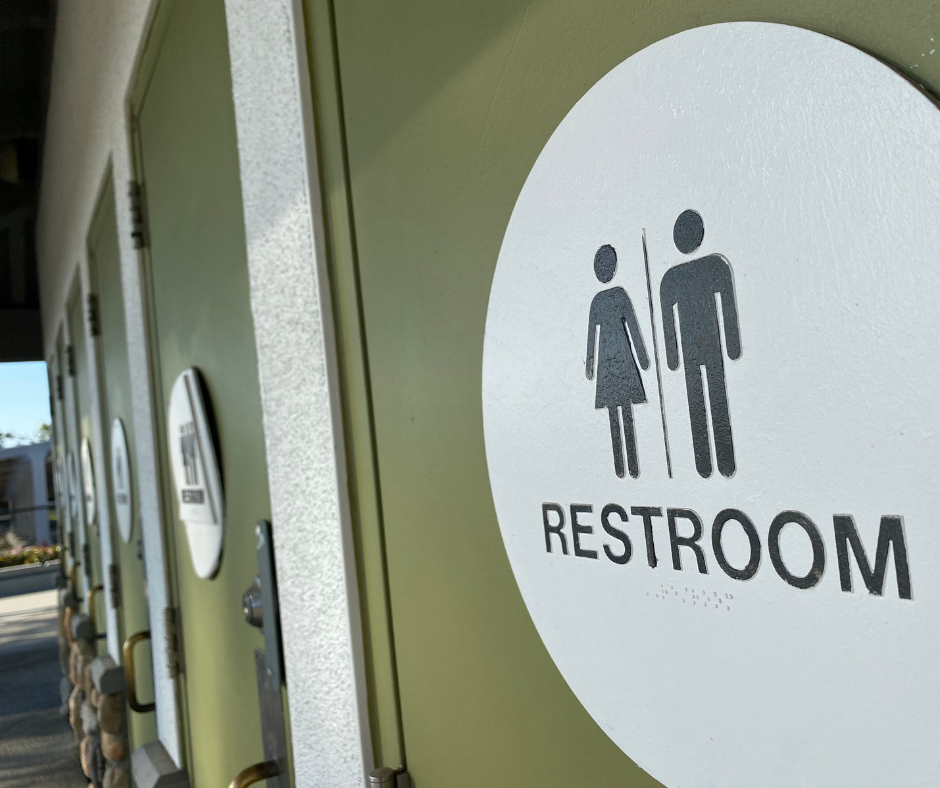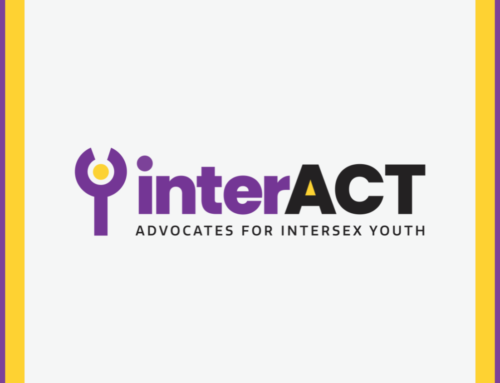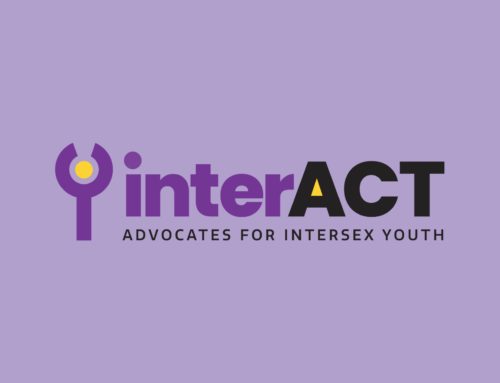For Immediate Release. PDF available here.
Press contact: Maddie Moran, Director of Communications. maddie@interactadvocates.org
Reversing an earlier victory for plaintiff-appellee Andrew Adams, the Eleventh Circuit Court of Appeals has ruled that a Florida school district’s policy of restricting restroom access based on so-called “biological sex” does not violate Title IX or the Equal Protection Clause of the US Constitution. Adams, who sued the St. Johns County school board in 2017 after being denied access to the boys’ bathroom, argued that the “unwritten policy” of requiring students to use the restroom associated with the gender designated on their enrollment documents was unlawfully discriminatory. Adams prevailed at the district court and on appeal, but in a rehearing en banc (before a panel of all the court’s judges), a majority of the full Eleventh Circuit held that the school district’s policy did not impermissibly discriminate on the basis of sex.

This marks the first time that a federal appellate court has given its approval to this form of discrimination; every other circuit court to have considered the issue has affirmed transgender students’ right to access restrooms in accordance with their gender identity, including the Seventh Circuit in Whitaker and the Fourth Circuit in Grimm. The recent decision in Adams creates a circuit split, positioning the issue to potentially move up to the Supreme Court – which has previously avoided ruling on transgender students’ access to single-gender bathrooms or sports teams – with ramifications for transgender students across the entire US should the justices consider it.
Of the multiple dissents in Adams, one – Judge Wilson’s – focuses in depth on the existence of intersex variations and the potential treatment of intersex students under the school district’s policy. Because intersex variations “complicate the typical binary of male and female,” and “may become apparent at different ages,” any educational institution seeking to differentiate between students on the basis of so-called “biological sex” will encounter the reality that students with innate variations in their sex characteristics may not be easily categorized according to overly simplistic definitions of sex. They may additionally experience changes in their apparent sex-related characteristics over the course of childhood and puberty.
Under the policy at issue in Adams, for example, an intersex student who is assigned female at birth and who later undergoes developmental changes related to a testosterone-dominant puberty would be unable to change their enrollment documentation to reflect any gender other than female – resulting in this hypothetical student being forced to use the girls’ restroom (or a separate single-stall restroom) regardless of their current physical characteristics or gender identity. Because “no other category of student is required to use the bathroom associated with the opposite biological sex,” Judge Wilson argues, “such a policy is plainly discriminatory.”
“Restricting school restroom access on the basis of reductionist conceptions of ‘biological sex’ categorically harms intersex children,” explains interACT’s Executive Director Erika Lorshbough. “What’s more, the fact that intersex children exist is bound to throw a wrench in any policy that attempts to shoehorn children and youth into categories based on school officials’ ideas of who and what kids and their bodies ought to be, rather than affirming them as they actually are. Policies like the one just given a pass by the Eleventh Circuit are discrimination, plain and simple.”
“The erroneous decision of the majority in Adams represents a harmful setback for transgender, nonbinary, and intersex students alike – and echoes the discriminatory attempts to impose conformity with sex and gender stereotypes onto children’s bodies that have become all too familiar in state legislatures in recent sessions,” said Sylvan Fraser, interACT’s Legal and Policy Director. “interACT and our colleagues will not stop advocating for the dignity and self-determination of these resilient young people, and for the full recognition of their rights in all settings.”
###
Through law and policy, media, and youth leadership programs, interACT: Advocates for Intersex Youth leads national conversations on intersex issues.






